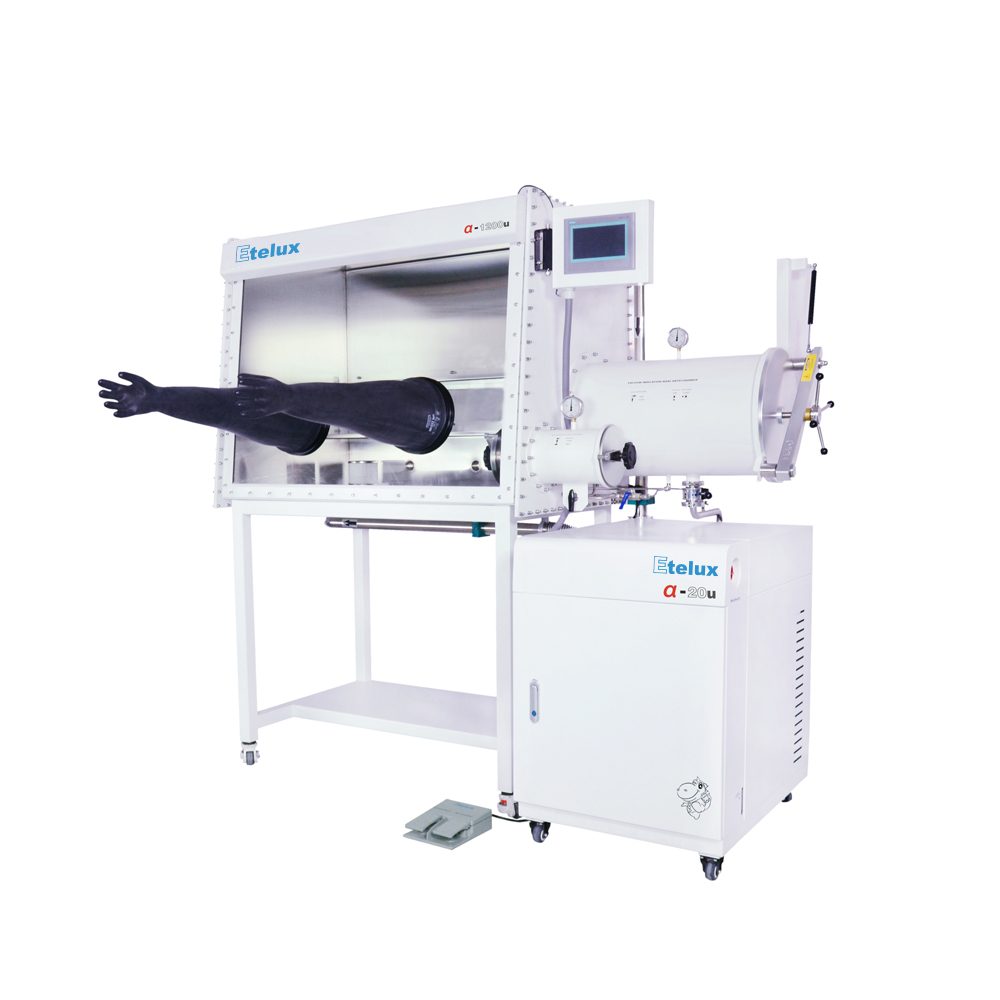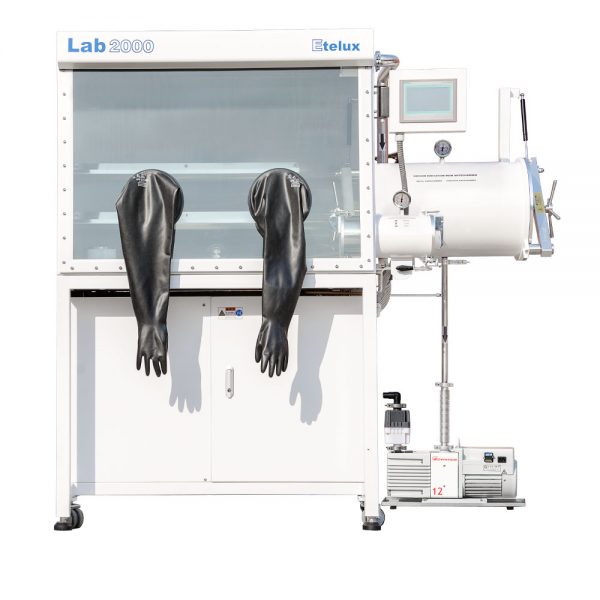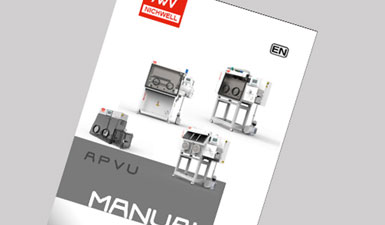1. Select gloves suitable for different workplaces. The size of the glove should be appropriate. If the glove is too tight, it will restrict blood circulation, which will easily cause fatigue and uncomfortable; if it is too loose, it will be inflexible and easy to fall off.
2. The selected gloves must have sufficient protection. For example, in the environment where steel wire cut-resistant gloves are used, synthetic yarn cut-resistant gloves cannot be used. To ensure its protective function, it is necessary to change gloves regularly. If the expiration date is exceeded, hands or skin may be injured.

3. Check the gloves at any time to check whether there are small holes or damaged or abraded places, especially finger joints. For glove box gloves, the inflation method can be used for inspection.
4. Pay attention to the use occasions of gloves. If a pair of gloves are used in different places, the service life of the gloves may be greatly reduced.
5. Pay attention to safety during use, and don’t throw away contaminated gloves arbitrarily to avoid harm to others. Keep gloves that are not in use in a safe place.

























